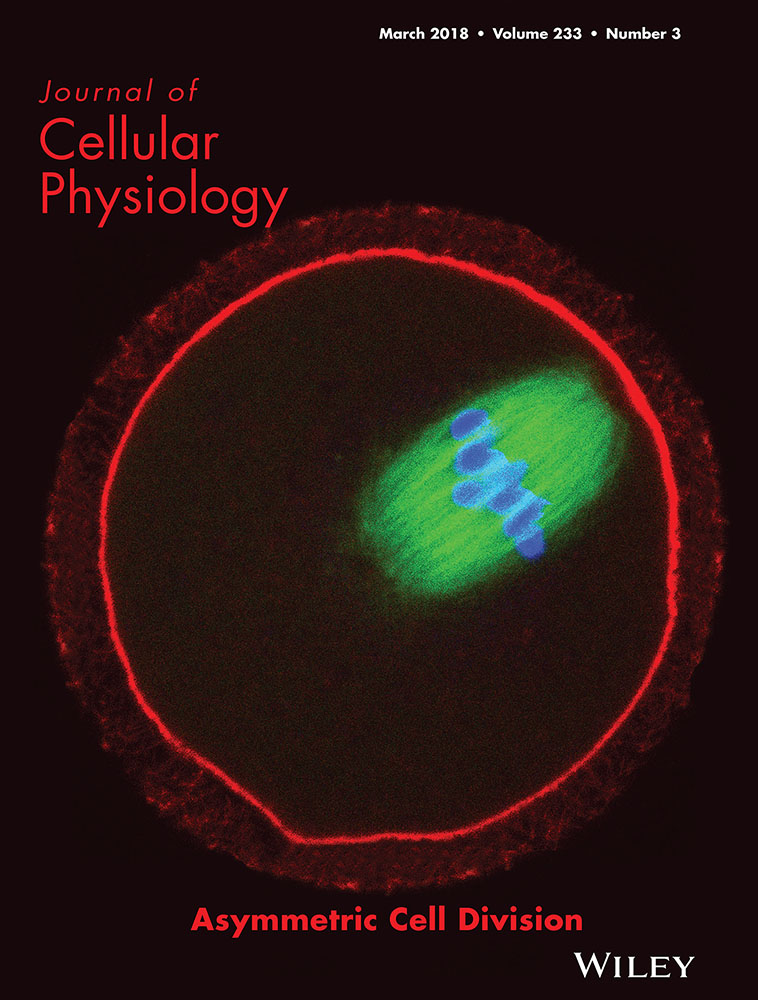Adenosine and adenosine receptors in the immunopathogenesis and treatment of cancer
Abstract
Tumor cells overcome anti-tumor responses in part through immunosuppressive mechanisms. There are several immune modulatory mechanisms. Among them, adenosine is an important factor which is generated by both cancer and immune cells in tumor microenvironment to suppress anti-tumor responses. Two cell surface expressed molecules including CD73 and CD39 catalyze the generation of adenosine from adenosine triphosphate (ATP). The generation of adenosine can be enhanced under metabolic stress like tumor hypoxic conditions. Adenosine exerts its immune regulatory functions through four different adenosine receptors (ARs) including A1, A2A, A2B, and A3 which are expressed on various immune cells. Several studies have indicated the overexpression of adenosine generating enzymes and ARs in various cancers which was correlated with tumor progression. Since the signaling of ARs enhances tumor progression, their manipulation can be promising therapeutic approach in cancer therapy. Accordingly, several agonists and antagonists against ARs have been designed for cancer therapy. In this review, we will try to clarify the role of different ARs in the immunopathogenesis, as well as their role in the treatment of cancer.




